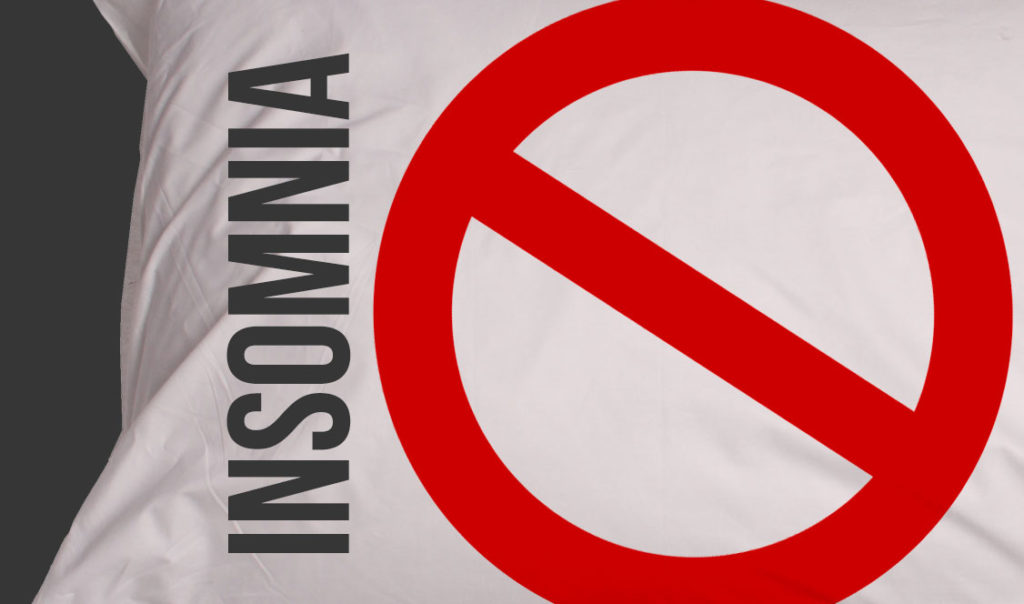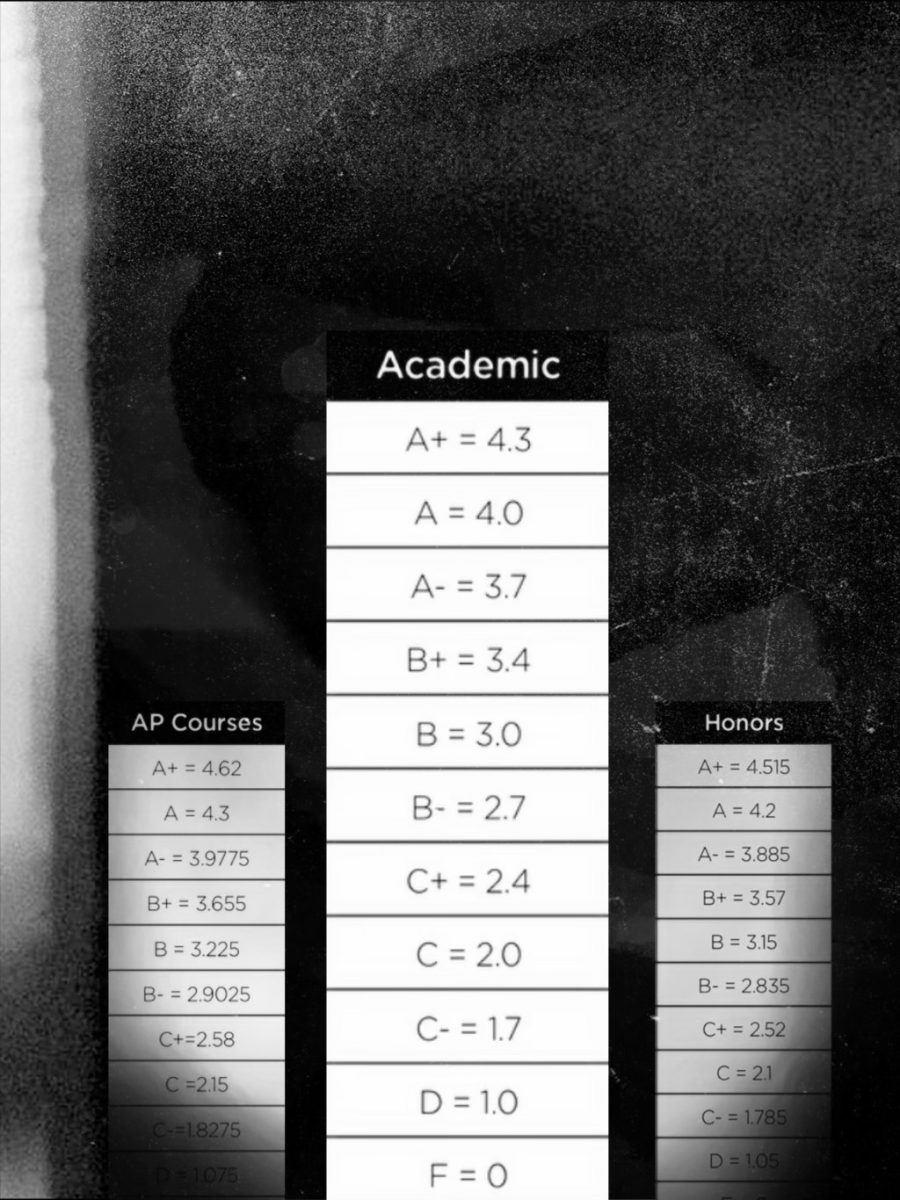What happens when sleep is impossible?
It is 3 a.m., and senior Des Papariello is wide awake again.
It is likely he is composing music. “Usually I wake up and can’t fall back asleep,” he said. “So I choose to work on music. My most productive hours are three in the morning to five in the morning.”
For Papariello, insomnia is a lifestyle. He averages three to five hours of sleep each night.
“It ranges from night to night. Let’s say I fall asleep around 8, I’ll probably be up at midnight or one,” he said.
For Papariello, his habit of not being able to sleep started when he was very young. His dad would wake him up very early in the morning and they would both go about their day.
Even today, it’s like father, like son. Papariello said that he and his dad will often see each other at 3 or 4 a.m., getting food in the kitchen.
The National Sleep Foundation defines insomnia as a disorder characterized by chronic complaints of unsatisfactory sleep, despite having enough opportunity to sleep.
Surveys have reported that as many as one third of the general U.S. population suffers from insomnia symptoms. Nearly ten to fifteen percent percent of all U.S. adults report severe, chronic insomnia that affects their daytime functioning.
School Psychologist Dr. Dorothy Sayers said that insomnia can sometimes be related to mental health issues. “If someone is depressed, they may have a hard time sleeping. Or they could sleep too much, but it is attached to the mental health issues,” she said.
Sayers said that insomnia can also be related to poor sleep patterns.
“If somebody generally goes to bad really late, and they are continuously doing things through the night and not giving themselves time to lie down and relax to let their body go into that sleep pattern, that can cause insomnia as well,” she said.
Sayers suggested some changes in habit that could help people facing insomnia symptoms.
“Create a certain time to go to bed. If someone has a really hard time going to sleep and they don’t go to sleep until early morning, or it takes them a while to fall asleep, try to push that back by 15 minutes early each night to get yourself into a better sleep pattern where you can go to sleep earlier and be able to fall asleep earlier,” she said.
“And then also reduce caffeine. Don’t drink that after certain hours, because sometimes it keeps you awake,” she said.
Sayers also suggested that turning off the television, phones and laptops can help someone to get to sleep, as technology within reach can keep your body awake. She suggested that some behavioral exercises, like listening to relaxing music or doing reading exercises, can also help people get the important sleep that they need.
“If it’s after midnight, it’s way too late,” she said. “Try to push it back as much as you can.”
Teens are at an important stage of growth and development. Because of this, they need more sleep than adults. According to the National Sleep Foundation, the average teen needs about nine hours of sleep each night to feel alert and well rested. Insomnia symptoms can make this challenging.
Studies show that insomnia can negatively affect work performance, impair decision-making and damage relationships. People with insomnia can feel dissatisfied with their sleep schedules and can usually experience symptoms such as mood disturbance. They can also experience fatigue, difficulty concentrating, and decreased performance in work or at school.
Papariello thinks that insomnia relates to his musical creativity. “If I wake up at three and have an idea, than I have to work on it because you never know where an idea could lead,” he said.
But while he might be productive at night, Papariello finds that he gets very tired during the school day. “It’s tough to be up at 2 in the morning, and then you have to come to school and be attentive for six hours,” he said. “It may affect my mood because I am a super moody person.”
Although Papariello acknowledges that insomnia can be challenging, he has accepted it as part of his life. “I’ve never really gotten checked out about it. It’s kind of just how I live.”
From Student Journalism class







